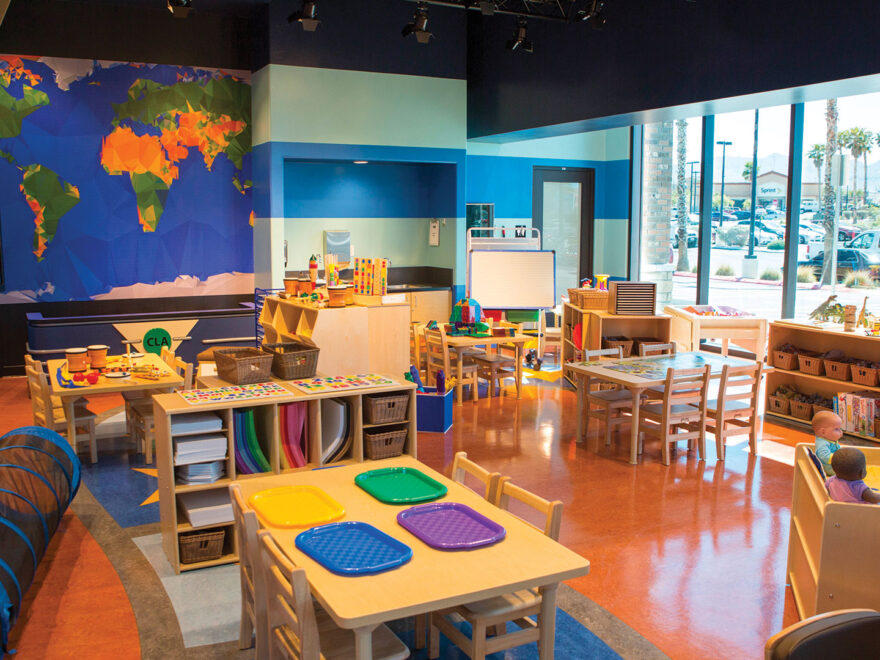Play is a fundamental aspect of early childhood education, serving as a cornerstone of learning and development in nursery schools worldwide. Through play, young children explore, experiment, and make sense of the creation around them, laying the foundation for future academic success and lifelong learning. Here, we get into the vital role of play in learning at nursery in the Greens.
Cognitive Development:
Play engages children’s minds in active exploration, problem-solving, and critical thinking, nurturing cognitive development. Through imaginative play, such as pretend play or role-playing, children develop creativity, abstract thinking, and narrative skills. Constructive play, such as building with blocks or puzzles, improves spatial awareness, logical reasoning, and mathematical concepts. By engaging in play-based learning activities, children develop essential cognitive skills that form the basis of academic achievement.
Social and Emotional Development:
Play provides a natural context for social interaction, cooperation, and emotional expression, supporting children’s social and emotional development. During group play, children learn to steer social dynamics, negotiate conflicts, and develop empathy and perspective-taking skills. Through dramatic play, children explore emotions, roles, and relationships, building self-awareness and emotional resilience. Playful interactions with peers and caregivers promote positive relationships, communication skills, and a sense of belonging.
Language and Communication Skills:
Play works as a rich context for language acquisition and communication development in nursery schools. Through imaginative play, storytelling, and puppetry, children expand their vocabulary, grammar, and storytelling abilities. Playful interactions with peers encourage conversation, turn-taking, and listening skills, nurturing effective communication. By engaging in language-rich play experiences, children develop the linguistic foundation necessary for literacy and academic success.
Physical Development:
Play promotes gross motor skills, fine motor skills, and physical fitness in young children, supporting their overall physical development. Outdoor play activities, such as running, climbing, and jumping, build strength, coordination, and spatial awareness. Fine motor activities, such as painting, drawing, and manipulating small objects, develop hand-eye coordination and dexterity. Play-based movement activities, such as dance or yoga, promote flexibility, balance, and body awareness.
Creativity and Imagination:
Play unleashes children’s creativity, imagination, and divergent thinking, nurturing innovation and self-expression. Through open-ended play experiences, children explore limitless possibilities, experiment with ideas, and express themselves freely. Artistic play, such as painting, sculpting, or storytelling, encourages self-expression and originality. By nurturing creativity and imagination, play prepares children to adapt to changing circumstances, solve problems creatively, and think outside the box.
